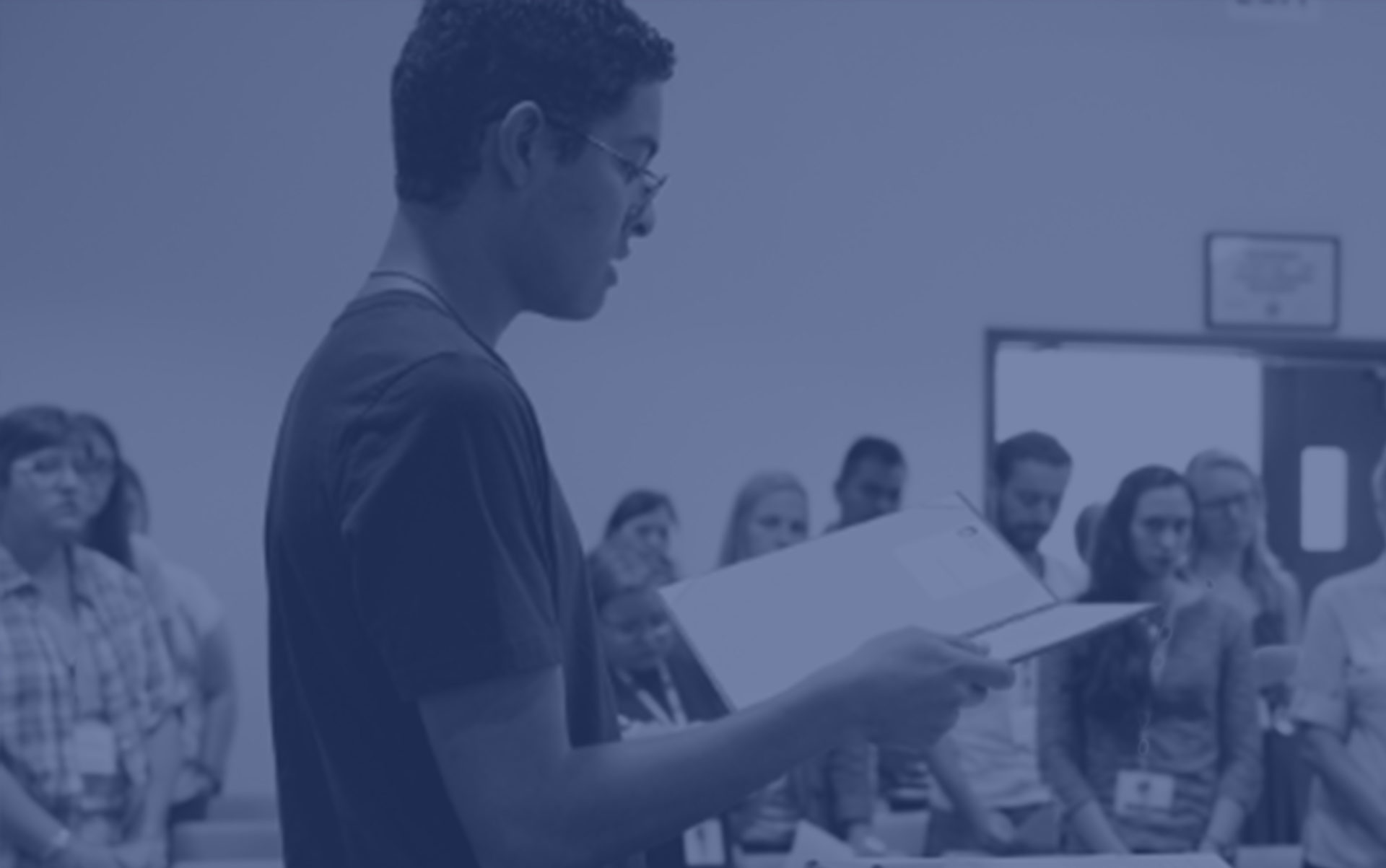
rom March 3-10, 2012 CoC alumna Megan Graves participated in a service trip to Haiti, sponsored by her school, Dominican University Chicago. Megan would like to share this reflection with you, together with some impressions from her friends.
“To participate in the creation of a more just and humane world.” This is what our Dominican University mission requires of all of us. This mission has also helped me to understand that no one can change the world alone or very quickly, but it takes steady effort, and community to make the world a better place. The time that we spent in Haiti was an experience that words cannot fully articulate. The answer to the poverty was not simple what so ever. There is no clear cut answer as to why I saw small children running on the hard and rocky dirt roads with no shoes. There was no answer as to why clean water was nowhere to be found. There were no answers, yet at the same time, there were no excuse for theses injustices either.
We saw mounds and mounds of garbage piled everywhere and homes made out of scraps of whatever the people could find. And yet at the same time we saw the contrast of the beautiful hills and mountains of Haiti. There were times when we all said “this is unacceptable.” Through social analysis, we learned to never stop asking “why”. Why does poverty continue to exist? Ask why again, until you can come to understand root causes of poverty. Poverty does not just mean having a lack of material things. It also means being invisible, which leads to being overlooked and dehumanized.
Although I went to serve others, I gained more in return. I saw, smelled, and walked through poverty, but it was my poverty of spirit that was fed. Poverty is not just far away; it stares right in the face. We cannot ignore it because being silent is being part of the problem. Practicing the idea of social justice has allowed others to raise awareness about the injustice of poverty. Being in Haiti changed our lives, because we built relationships with so many people that loved and cared for all of us. This is what it means to build a more just and humane world – not to just go to a place to do service, but to build relationships in order to serve with others, as St. Rose of Lima once said, “When we serve the poor and the sick we serve Jesus. We must not fail to help our neighbors, because in them we serve Jesus.”
Megan Graves
How has Haiti changed your life?
There are innumerable ways in which our trip to Haiti changed me (some of which I may not even be aware of yet!), but I think the most important is this: I learned to ask myself, “What do I want the center of my life to be?” Most Haitians have so little compared to the American standard of living. They live in precarious and often life-threatening conditions. Yet, the adults and children we lived and worked with in Haiti possessed a joy for life and a love for one another and their fellow Haitians that I have never, ever witnessed anywhere else. It was clear that this joy and love came from the way they lived their faith, the way their faith inspired them to live with love at the center of their lives. I realized that I want love to be the center of my life, too.
What is different now that you are back?
Now that I am back home, I think every day about how to do this – to make love the center of my life; the point from which I am and act in the world. It sounds so simple, but the simple turns out to be very challenging, and I can’t say I am much good at it yet. But thoughts of Josephine, Sadraque, Gary, the boys at St. Joseph’s, Ricardo and the other amazing people we met, give me hope that a life full of love is possible.
One last thought: before I left for Haiti, I was very nervous, and was already looking forward to the end of the trip. Now, I can’t wait to go back!
Laura Burch
How has Haiti changed your life?
Haiti has unsettled me and made me aware of my white, middle-class privilege. Haiti has shown me that charity does not solve problems of injustice. Haiti has convinced me to deepen my commitment to the pursuit of justice through non-violence. Haiti has convinced me that if I am going to work for justice I must immerse myself in the stories of injustice.
What is different now that you are back?
What is different for me is that I can now look at the United States and say that we are not a true Christian nation, even though most US citizens claim Christianity as their religion of choice. We are not living the Gospel of Jesus Christ. We are not practicing the beatitudes in our life at home or in our international relations. We have only to look at Haiti and see the US involvement there which has contributed to the dire poverty and extreme dysfunction and corruption of its government to realize that we are not a nation of justice in our international relationships. I think too many of us Christians pretend that our meager attempts at charitable giving takes care of our Christian responsibility. Jesus changed the world and told us to do the same through love, and by practicing justice and committing ourselves to the pursuit of peace through non-violence.